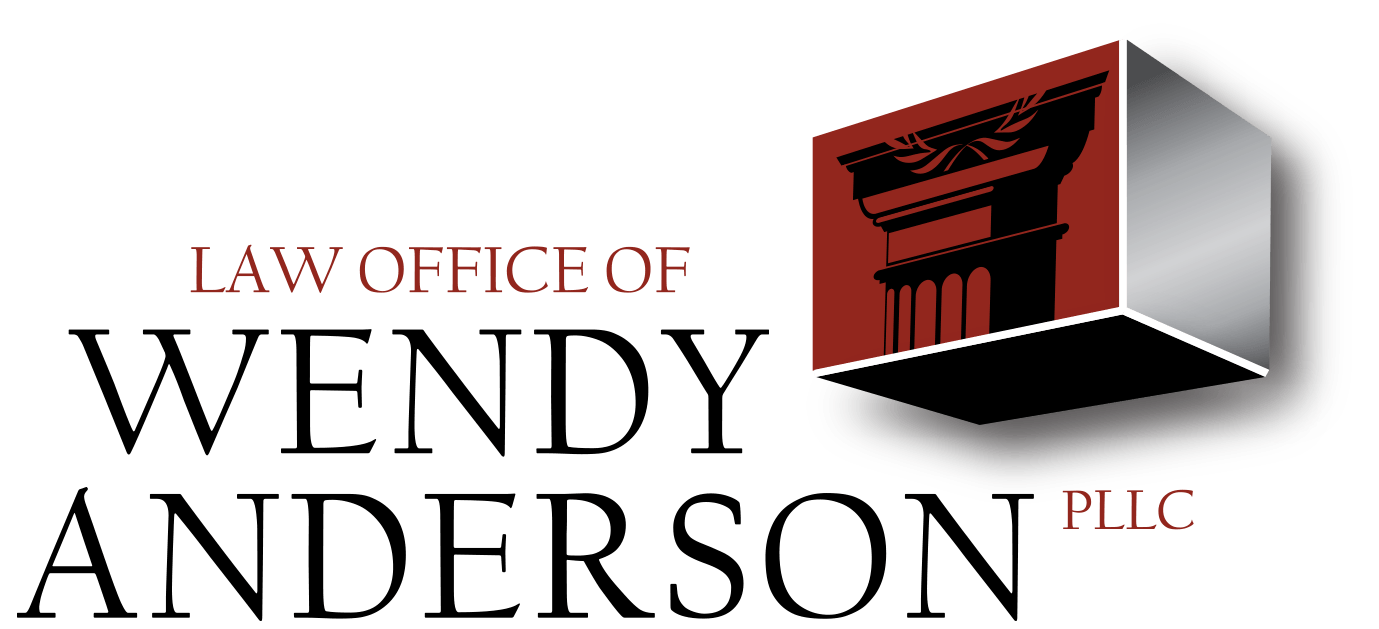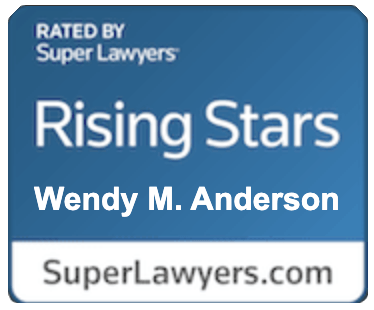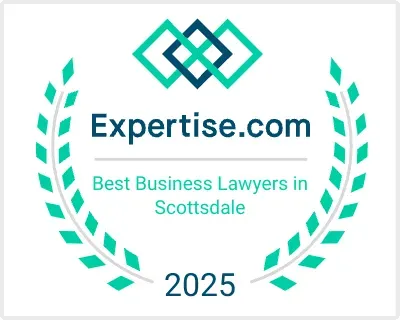Who Owns It? Protecting Your Company’s Intellectual Property in the Gig Economy
In today’s gig economy, business owners are outsourcing tasks that are critical to the success of their business. These outsourced experts may be creating a tagline, designing a website, photographing your products, writing code for an app, or drafting the messages for your marketing materials. While they may be great partners and may produce great work for you, they certainly have no legal obligation to protect your company’s interests just because you’ve hired them to do a job.
The Law Regarding Copyright
The Copyright Act of 1976 (and its later appendices) defines the ownership rights related to “original works of authorship fixed in any tangible medium of expression, now known or later developed, from which they can be perceived, reproduced, or otherwise communicated, either directly or with the aid of a machine or device.” A work of authorship can be literary, pictorial, graphic, audiovisual, artistic, musical, or many other forms of expression.
The Copyright Act does not protect ideas and concepts, but as soon as an original idea or concept is “fixed” on paper, in an email, on a website, in a digital file, or in any other format that exists now or in the future, the creator of that work owns the rights to it. No ownership rights are automatically conferred on the person or entity that paid for the creation.
Registering a copyright with the U.S. Copyright Office has benefits, however it is not required for copyright protection under federal law. Simply by virtue of creating the “original work of authorship,” a copyright owner has the right to exclude others from using or displaying that work, and he or she may file a lawsuit for copyright infringement to enforce those rights.
What Can You Do?
It’s both strategic and cost-effective to engage others to help with the necessary tasks of running your business. As the owner of the business, however, it’s important to understand what Intellectual Property assets you use, and who truly owns the rights to use those assets for a commercial purpose.
While you may have paid a designer, writer, artist, or photographer to create something for you, only a separate agreement – such as an assignment or license of rights – will ensure that you own the rights or that you can use those finished works without infringing on the creator’s rights. Not doing so can lead to legal disputes that could have been avoided.
Grow your business with the knowledge that your Intellectual Property rights are secure. Click to schedule a meeting so that, together, we can ensure your business is protected.
NOTE: THIS ARTICLE IS FOR GENERAL INFORMATIONAL PURPOSES. IT DOES NOT CONSTITUTE LEGAL ADVICE, NOR DOES IT CREATE AN ATTORNEY-CLIENT RELATIONSHIP. EACH SITUATION IS DIFFERENT. YOU SHOULD CONSULT WITH AN ATTORNEY TO DETERMINE YOUR LEGAL RIGHTS, REMEDIES, AND DUTIES.
By Wendy M. Anderson, Esq.
Law Office of Wendy Anderson, PLLC
480-825-4509
Contact Me Today
The post Who Owns It? Protecting Your Company’s Intellectual Property in the Gig Economy appeared first on Law Office of Wendy Anderson.





